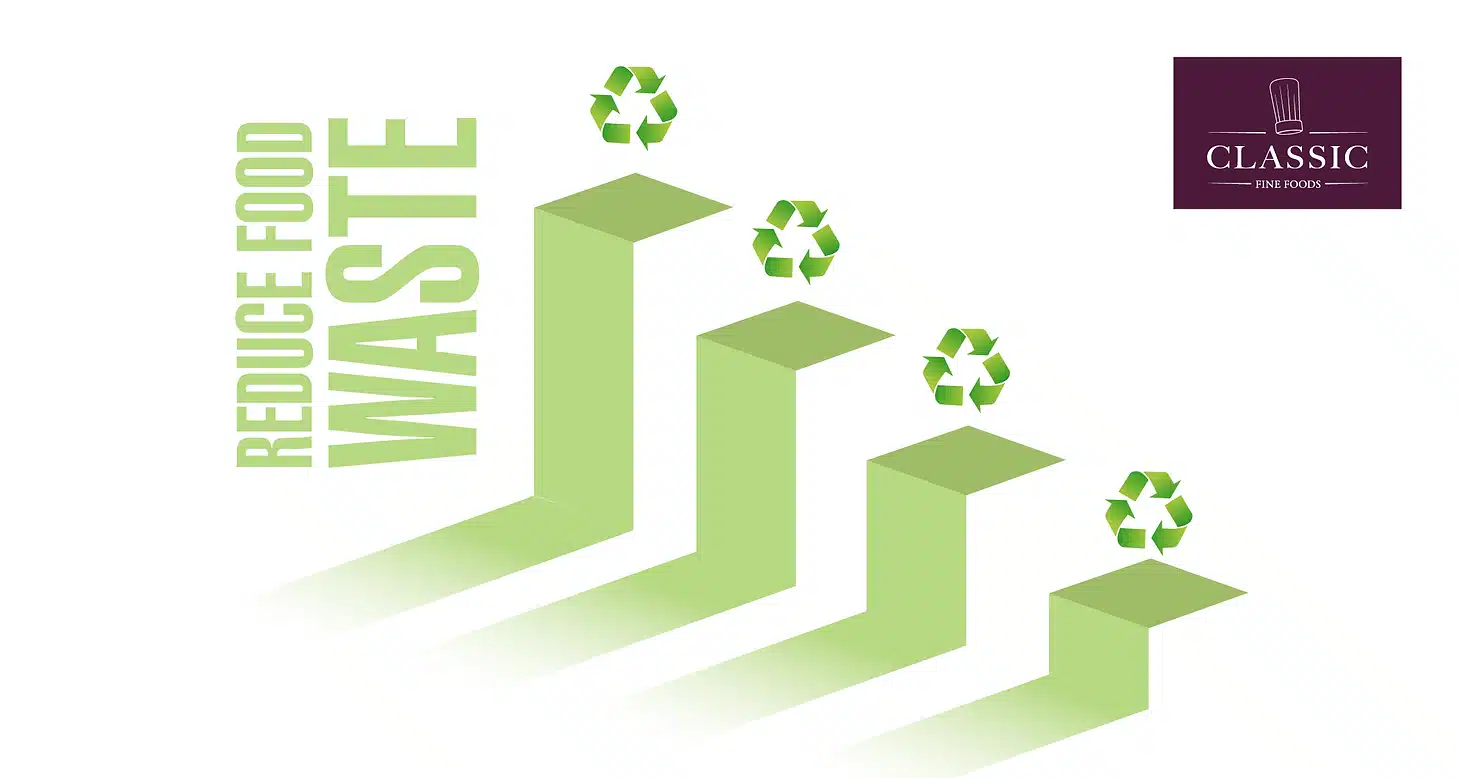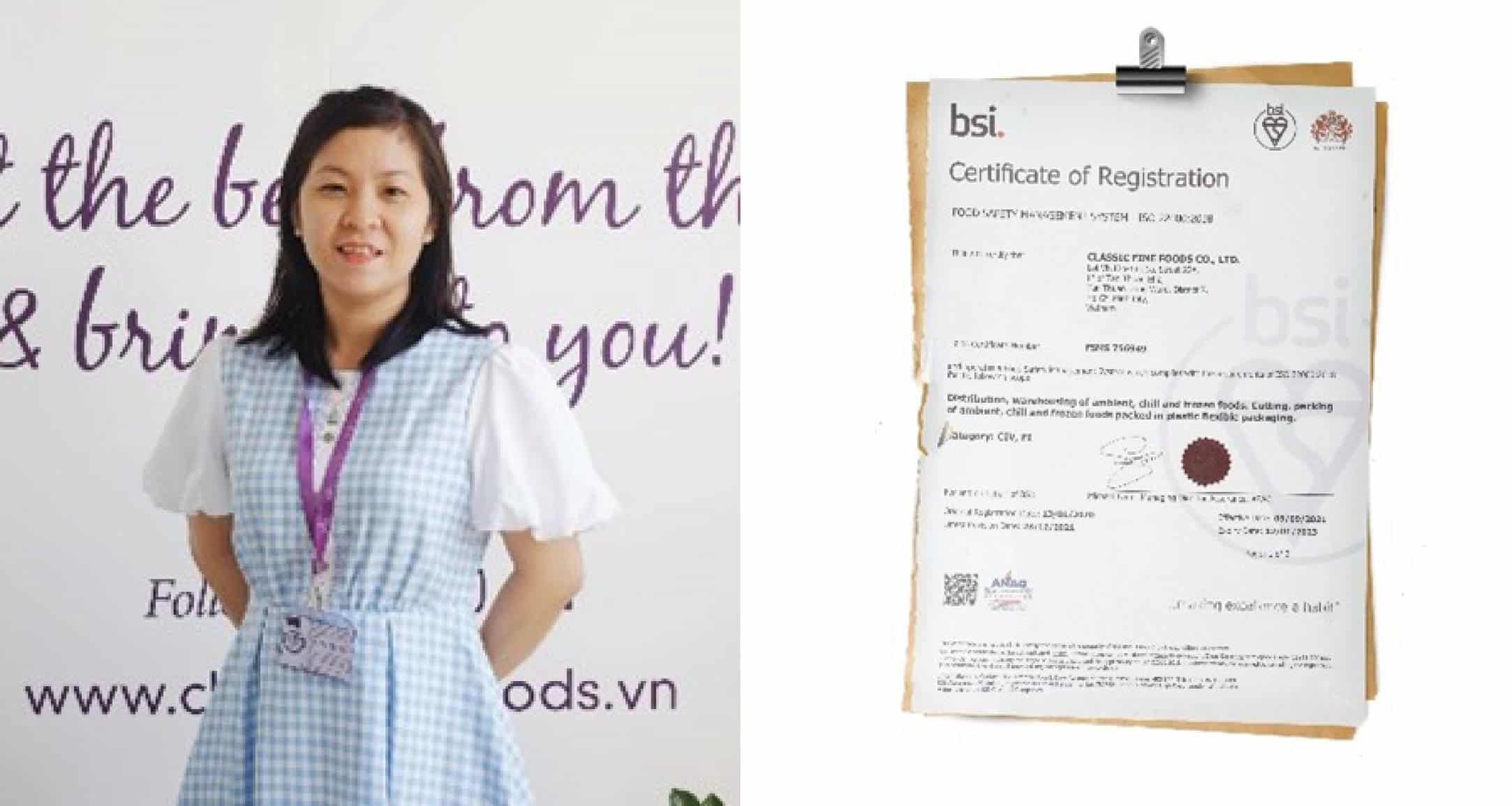


In February, Classic Deli UAE launched a mobile application as 70 percent of their customers use their phones to place orders; it is difficult to have a comfortable mobile e-commerce experience, especially when you want customers to order more than twice a week. The mobile application allows to send push notifications and commercial offers that are much more efficient than emails. The challenge was to create a mobile application that could be managed automatically, in order not to add extra work to the local teams. The developers had to imagine a system that could display all the information on the application directly from the e-commerce site. The choice for an open system like Prestashop was easily made, as it allows this type of integration. In addition, the application allows to analyse users’ behaviour, offers a live personalized experience, and suggests different products. In 3 weeks, the app had 831 downloads in Dubai and a retention rate of 78%, very encouraging figures for a launch!



Huynh Thi Thuy Giang, called “Giang” for short, Quality Manager at CFF Vietnam, is responsible for maintaining the company’s current Quality system ISO22000 in 3 branches: Ho Chi Minh in the South, Hanoi in the North, and Danang in the East.
ISO 22000 is an internationally recognized standard written by the Food Industry for the Food Industry.
It sets out the requirements for a food safety management system throughout the food supply chain and can certify it. It maps out what an organization needs to do to demonstrate its ability to control food safety hazards. It provides a framework on which a company can profitably build customer satisfaction and continually improve while creating a profitable business. All people (from the staff to the BOD) in an organization certified with ISO 22000 are requested to have a high awareness of their contribution to the success of their FSMS, to confirm their engagement, and to commit to comply with the standard.
Furthermore, ISO 22000 certification is intended for organizations seeking to establish a more focused, coherent and integrated FSMS than is normally required by law. It helps organizations with aspects of their operations such as food safety, hazard control, their supply chain, HACCP, their business strategy and food traceability. It applies to any organization that is part of or has contact with the food industry or food chain, regardless of the size of the organization or where it is along the food chain.
